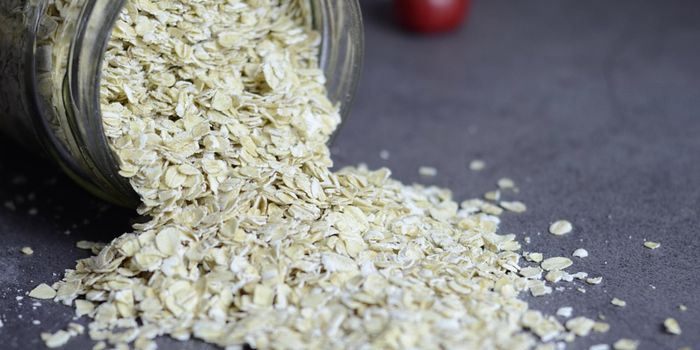Can Cleaning Products Impact Childhood Obesity?
While many parents are cautious about the cleaning products they use around the house because small children could ingest them and become ill, most parents don't worry about cleansers and childhood obesity. New research from Canada could change that, however. A new study published in the Canadian Medical Association Journal (CMAJ) suggests that some cleaners used in homes could alter gut microbiota and increase the chances of their children becoming overweight or obese.
The study was an analysis of the gut flora in 757 infants between the ages of 3 and four months. After looking at the gut microbiome, the investigators looked at weight and growth at age one year and three years and the use of cleaners, detergents, and disinfectants used in the homes where they lived. The data came from the Canadian Healthy Infant Longitudinal Development (CHILD) birth cohort on microbes in infant fecal matter. World Health Organization growth charts for body mass index (BMI) scores were used for weight.
In babies 3-4 months old, those who had altered gut bacteria also showed evidence of frequent use of disinfectants, especially products that were designed for multisurface use and had multiple ingredients. In these children, there were lower levels of Haemophilus and Clostridium bacteria but higher levels of Lachnospiraceae. The researchers also observed an increase in Lachnospiraceae bacteria in children who lived in homes that were cleaned more often. When they looked at households that used "eco-friendly" cleaners, there was not a strong association of disrupted gut microbiota. Other research studies have shown a similar association between weight and gut flora in baby piglets who were exposed to aerosol cleaners and disinfectants.
Anita Kozyrskyj, a University of Alberta pediatrics professor, is the principal investigator on the SyMBIOTA project, an investigation into how the infant gut microbiome impacts health as babies grow up. Kozyrskyi explained, "We found that infants living in households with disinfectants being used at least weekly were twice as likely to have higher levels of the gut microbes Lachnospiraceae at age 3-4 months; when they were 3 years old, their body mass index was higher than children not exposed to heavy home use of disinfectants as an infant. Those infants growing up in households with heavy use of eco cleaners had much lower levels of the gut microbes Enterobacteriaceae. However, we found no evidence that these gut microbiome changes caused the reduced obesity risk."
There could be several factors that caused children in homes that used more eco-friendly products to have a lower risk of obesity. Market research shows that the demographics of families that use more organic products tend to be higher income, have higher levels of education and were more likely to serve healthier meals. All of these factors as well as where the babies lived, and family history of illnesses and allergies could have impacted the results.
The study was published along with a related commentary by two epidemiologists from Johns Hopkins, Dr. Noel Mueller, and Moira Differding. They wrote, "There is biologic plausibility to the finding that early-life exposure to disinfectants may increase the risk of childhood obesity through the alterations in bacteria within the Lachnospiraceae family. Differding and Mueller continued, stating that more research would be needed, "to explore the intriguing possibility that use of household disinfectants might contribute to the complex causes of obesity through microbially mediated mechanisms."
Sources: Canadian Medical Association Journal, Treehugger, SyMBIOTA project









